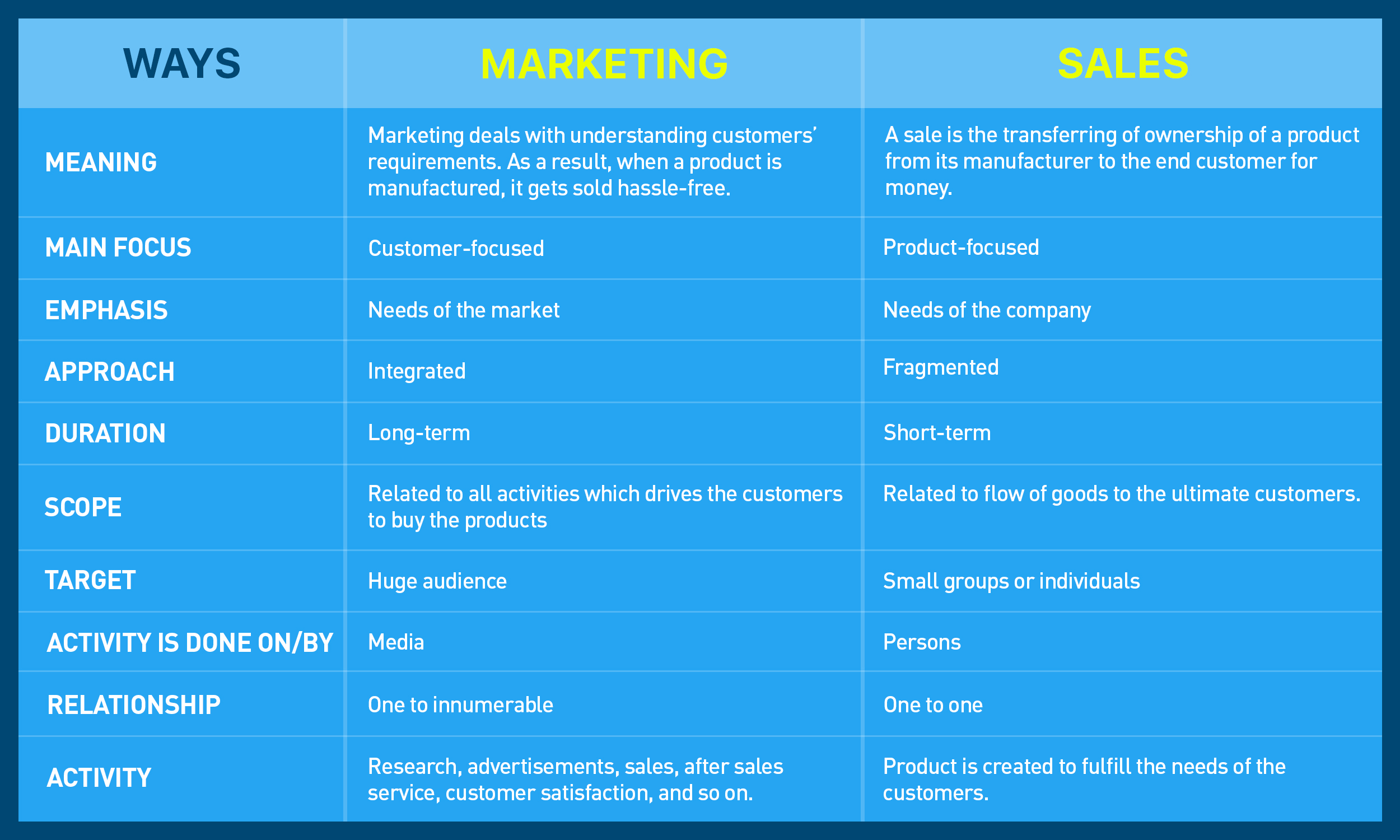Search feels the same, but what ranks today runs on a different logic. Instead of just links, Google now serves AI-written summaries up top, pulling answers directly from high-quality sources.
If your page feeds the summary, you show up. If not, even well-written content can vanish from view. This shift makes structure and clarity more important than ever.
Google AI overview SEO has made intent the core signal. So has ChatGPT search optimization, where AI tools summarize from trusted sources.
So, your content needs to work for both the reader and the machine.
Let’s walk through how to do that without overhauling what already works.
Understand How AI Rethinks Relevance
AI-first search filters information through context, not just keywords. It evaluates whether your content actually answers the question, across formats, not just in plain text.
This means FAQs, summaries, quotes, and stats can carry more weight than paragraphs of explanation. What matters now is structure and clarity. If your answer is buried five scrolls down, it likely won’t make the cut.
Snippets, carousels, and AI summaries reward the content that gets to the point and stays useful. Being relevant no longer means being long; it means being readable.
Tighten Content Around Search Intent
AI now reads beyond keywords. It looks for usefulness. Each section should reflect what your reader came to find.
Begin with the real question. Are they skimming for a definition or working through a task? Tools like Search Console or People Also Ask help surface that intent.
When your structure reflects how someone thinks through a problem, your content starts showing up in better places—snippets, summaries, or AI-generated answers.
Structure Answers Like an Editor, Not Just a Marketer
Headings, summaries, and ordered lists now serve double duty. They help humans scan and help AI segment your page for display.
If your content skips structure, you lose both audiences. Each section should resolve a specific query, even if it’s part of a longer topic. Try to close loops quickly, then open new ones with your subheadings.
This isn’t about writing like a textbook. It’s about organizing content like a clear conversation, where each idea has a job to do.
Build Pages That Can Feed Multiple Outcomes
A single blog post today might fuel a featured snippet, a SGE box, or even a voice reply. Pages that serve just one purpose miss out on this.
Instead, design content that adapts. Think highlight boxes for short takeaways, video embeds for clarity, and short paragraphs for mobile readers. Include supporting data where possible, but only if it adds context.
This shift favors modular content: pieces that make sense both together and apart. That flexibility keeps your SEO future-proof.
Prioritize Content That Sounds Like People
AI-generated summaries lean toward answers written in natural language. That means corporate jargon and filler hurt more than ever.
Use clear phrasing, cut repetition, and stay close to how your reader would ask the question. A page written for real people often performs better with search engines, too.
Teams offering SEO agency Singapore services are now auditing tone just as much as structure. They know AI doesn’t just parse data, it borrows voice. And your content needs a voice worth echoing.
Update Based on What Gets Picked, Not Just What Ranks
Watch what Google chooses to summarize, not just what ranks. Sometimes position three gets the snippet over position one, because it answers more cleanly.
Track whether your content appears in AI Overviews. Use that data to revise formatting, simplify phrasing, or shorten intros. The goal is to get closer to the version of your content that actually gets shown.
This isn’t about redoing everything. It’s about refining what already works, so your content adapts to how AI shares it.
Final Thoughts
Search behaviour in 2025 favours the clearest answer, not the longest page. When Google or ChatGPT search optimization tools pull from your content, they’re looking for structure, credibility, and intent match, not fluff.
This is where we focus. As an SEO agency Singapore teams work with to rewire their strategy, we help shape content around what algorithms respect and what users trust.
If your content feels accurate but still skips the AI layer, it’s likely a structure gap. We can help bridge that, so your pages stay visible, quotable, and future-ready.






